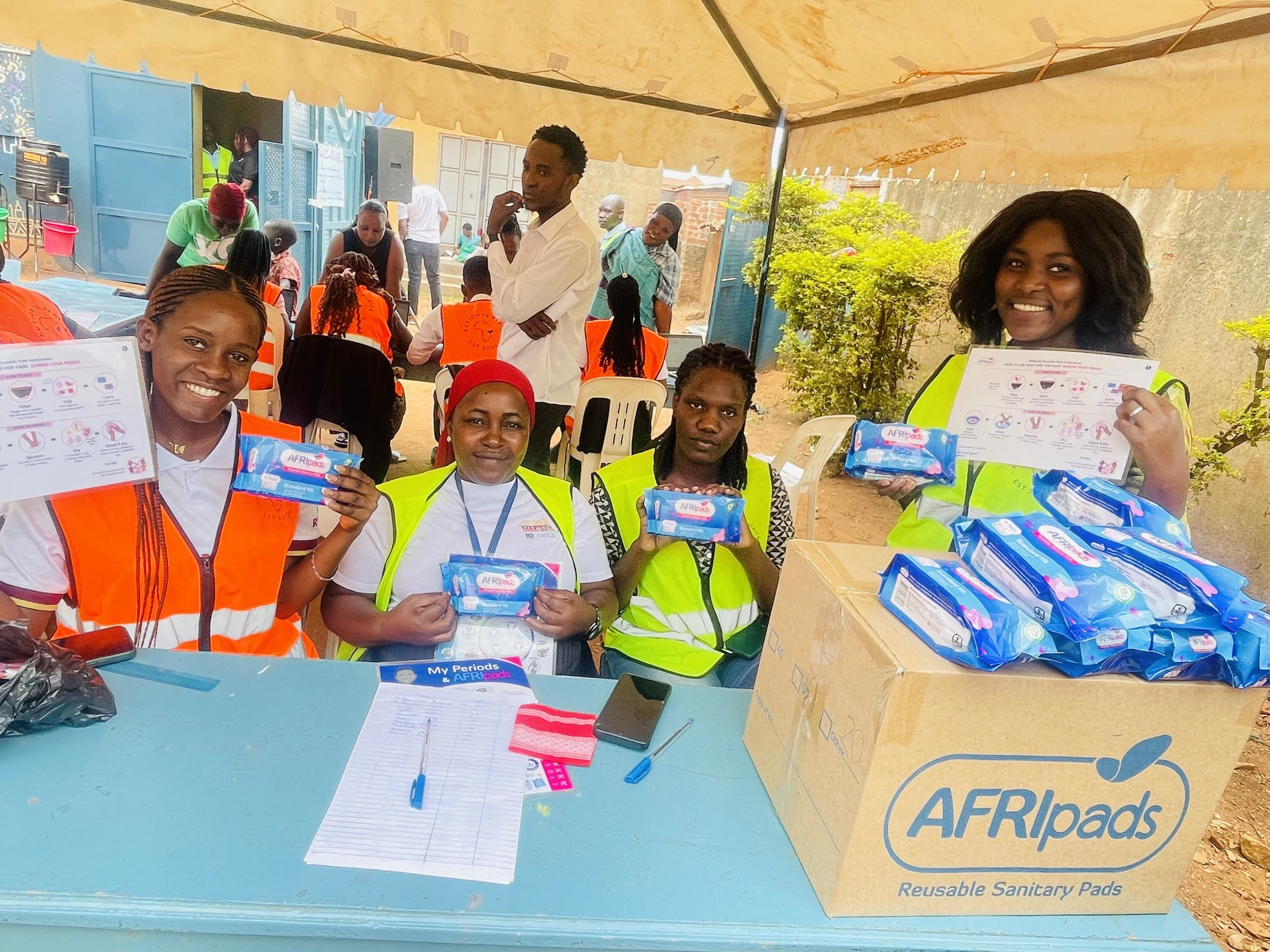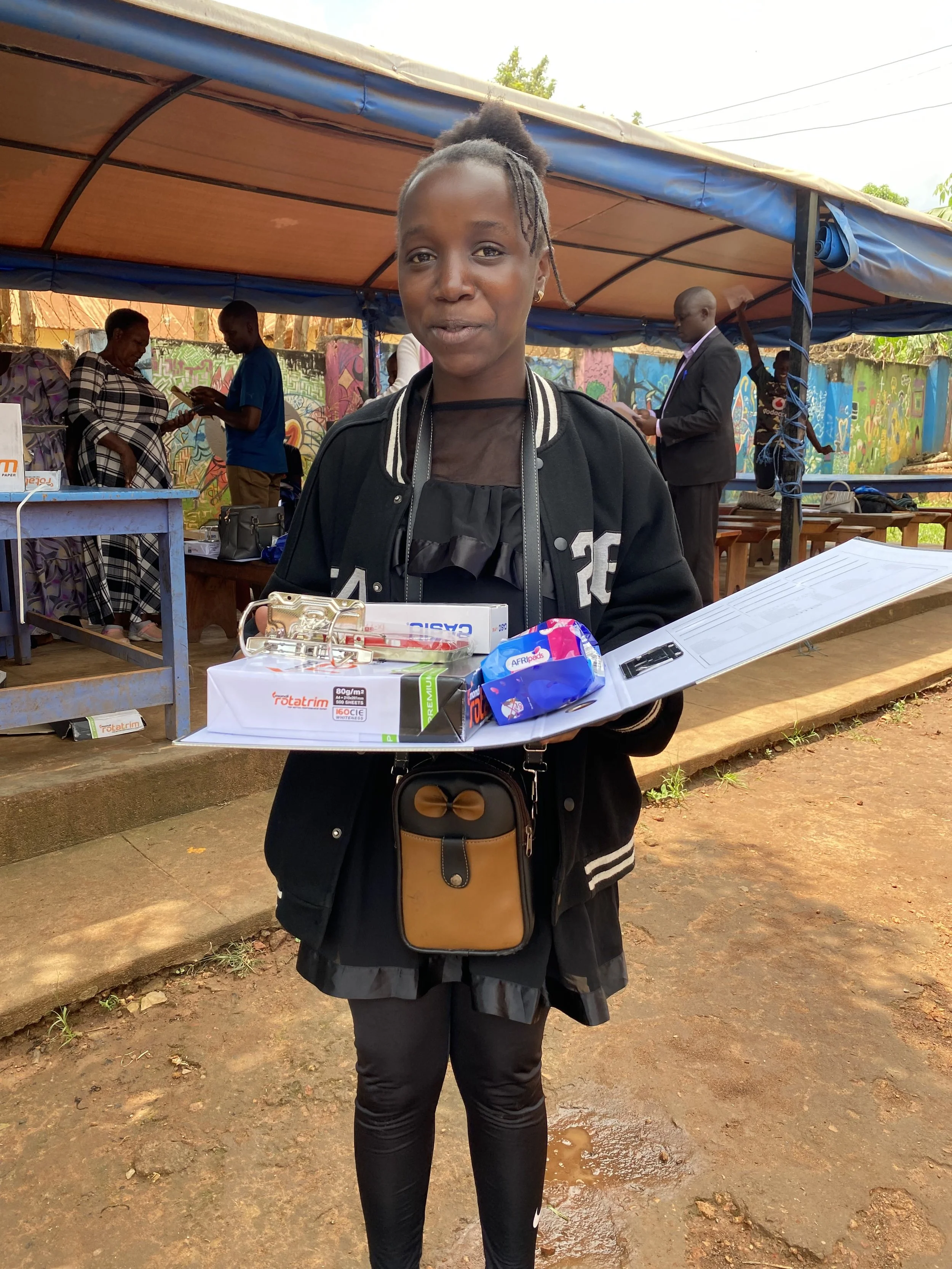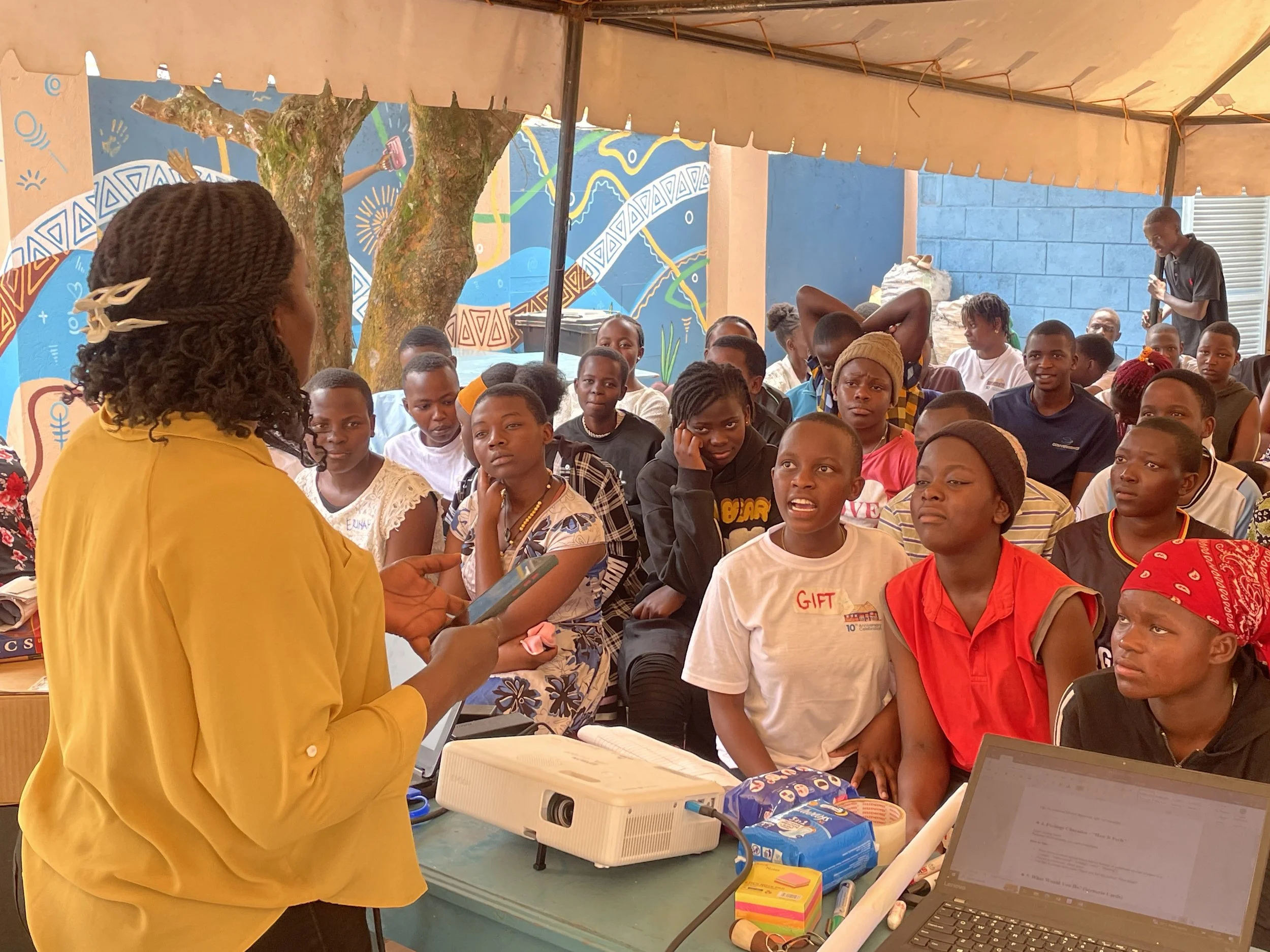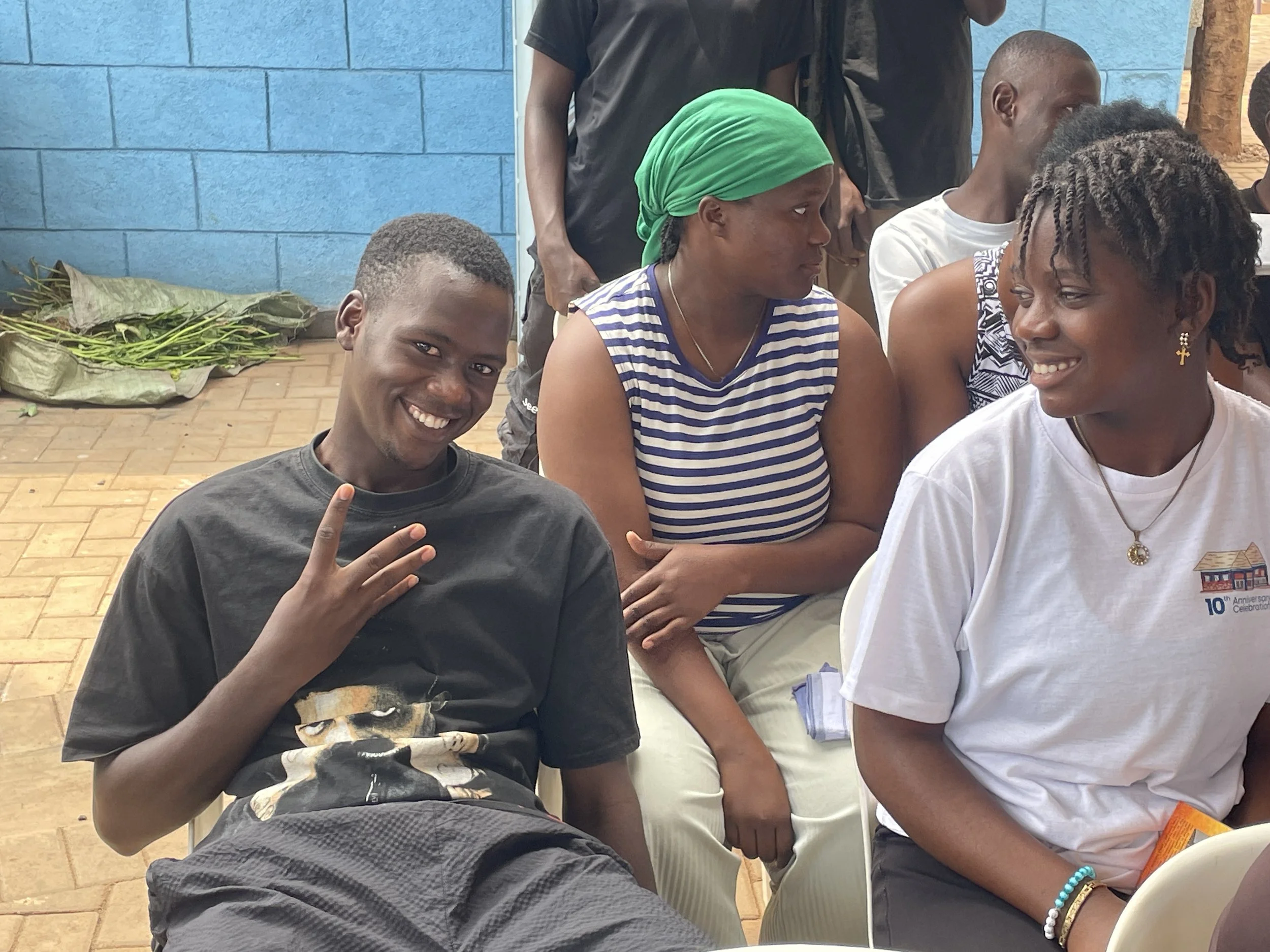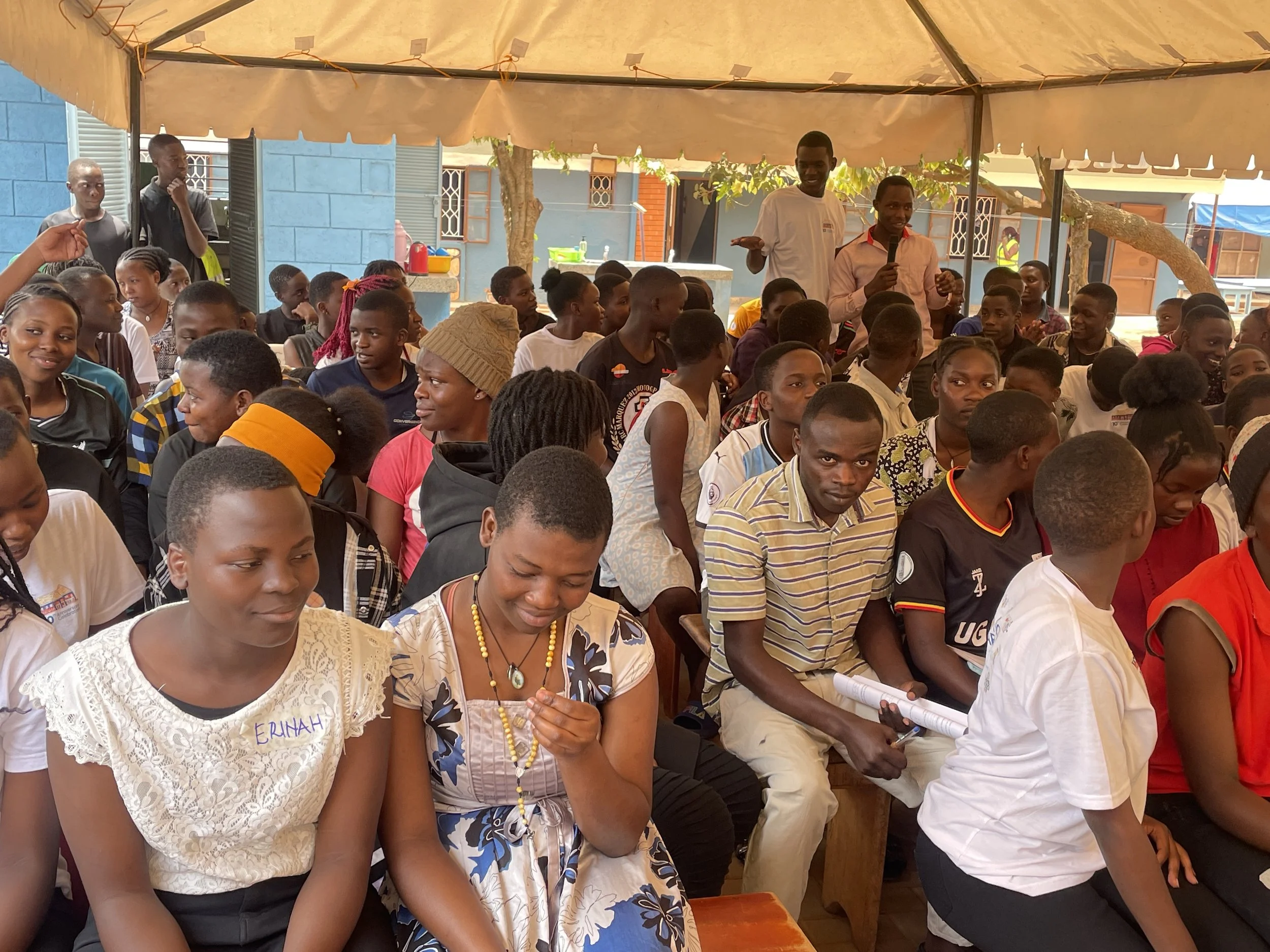Empowering the Next Generation: Breaking the Silence on Menstrual Health
For too many girls in Uganda, menstruation marks the end of their education rather than just the start of a new stage in life. Stigma, lack of resources, and painful symptoms force nearly one in four girls to drop out of school when their periods begin. At Action in Africa, we refuse to let something so natural stand in the way of a girl’s future.
To address this challenge, Action in Africa hosted a menstrual health training last month, uniting boys and girls from our Secondary Scholarship Program alongside community youth in the Holiday Program. The session created a safe space for students to learn the facts, confront stigma, and gain the confidence and support they need to remain in school and thrive.
In Uganda, poor menstruation is a barrier to girls’ education and their overall health and well-being. A report by the Ministry of Education and Sports compiled in April of 2024 indicates that 23% of Ugandan girls in the age group 12-18 drop out of school when they begin menstruation. Most of the time, it is caused by limited access to menstrual health management, where girls struggle to concentrate in classes, and poverty forces them to resort to using papers, fibres, and clothes.
The Holiday Program is a period where students from different parts of Nakuwadde gather at the Center and engage in developmental activities, such as menstrual sessions, which prepare them for the tough moments ahead. A critical conversation unfolded at the Action in Africa center in a health dialogue focused on Sexual Reproductive Health and Rights (SRHR), conducted by Carol Karungi from Straight Talk Foundation Uganda, with a deep dive into Menstrual Health Management (MHM). The theme, “Understanding Menstruation: Facts, Feelings and Respect,” brought together 89 young girls and boys to tackle a topic often wrapped in silence, shame, and stigma. The core message was clear: Menstruation is not just a 'girls' issue; it’s a community issue that demands understanding, empathy, and support from everyone.
Traditionally, menstrual health talks have excluded boys, reinforcing the idea that it’s a secretive, 'dirty,' or exclusively female concern. Our session flipped that script by including 37 young men alongside 52 young women. We aimed to foster mutual respect and transform boys into allies and advocates. The dialogue kicked off with a “Period Word Cloud” activity. The responses were telling, spanning from the biological Blood, Ovulation, Uterus to the stigmatizing Dirty, Disorder, Unclean. The facilitator immediately addressed the negative terms, emphasizing that menstruation is a natural, healthy biological process and that these harmful labels contribute to stigma that impacts girls’ self-esteem, confidence, and participation in school and community life.
The key takeaway was that collective responsibility is vital. Boys were encouraged to be understanding, empathetic, and proactive in dismantling stigma to ensure no girl is held back by menstrual health challenges. The session provided concrete facts to replace misconceptions, where participants learned about the menstrual cycle, the purpose of the menstrual flow, typical symptoms (such as cramps, mood swings, and nausea), and the age of onset. A powerful role-play, “Feelings Charades How It Feels,” helped build empathy. As participants acted out symptoms like cramps and embarrassment, the discussion naturally shifted to practical management tips, including, using warm compresses for pain, the importance of hydration, sleep, and seeking medical help for severe pain.
They also reviewed various menstrual product options from cost-effective reusable pads and menstrual cups to disposable pads, emphasizing the importance of proper hygiene (changing products every 4–6 hours) and safe disposal (never flushing pads). Perhaps the most illuminating part of the session was confronting the deeply ingrained cultural myths and taboos. Young people shared shocking beliefs they had encountered before, like "You can’t cook during your period, When a girl goes to the garden while in her period, the crops will dry up, and Periods are dirty."
A true or false activity was used to bust these myths, with the facilitator reinforcing a simple truth: Menstruation is normal, healthy, and not a source of shame. While the session was highly successful, the questions posed by the students revealed a critical emerging issue, widespread and often misguided interest in “safe days.” Questions like "What are safe days?" and "Can I get pregnant if I have sex during my period?" highlighted that young people are actively seeking information on fertility, but often with incomplete or inaccurate knowledge. This partial information can lead to misconceptions about contraception and a higher risk of unintended pregnancies and STIs. The most important lesson learned is that normalizing these conversations among both boys and girls is key to dismantling harmful cultural norms and addressing gender inequality. We must leverage this interest to provide comprehensive, factual, and consistent education.
This opened our eyes to continue to engage boys and young men to develop them as male champions for equality and support in their schools and communities, conducting regular, consistent education sessions to clarify that no day is completely safe when it comes to unprotected sex, and that fertility tracking methods do not protect against STIs, including HIV/AIDS, championing both genders in these vital conversations, we are building a more informed, respectful, and supportive community where menstruation will no longer be a barrier to a girl’s education or well-being and integrating, reframing life skills education to empower youth with the skills for self-awareness, assertiveness, healthy relationship building, and responsible decision-making concerning sexual activity.
Lastly, comprehensive menstrual education is a powerful tool for gender equity, ensuring all children, regardless of their gender, are equipped with the knowledge needed to support a healthy and inclusive community.
